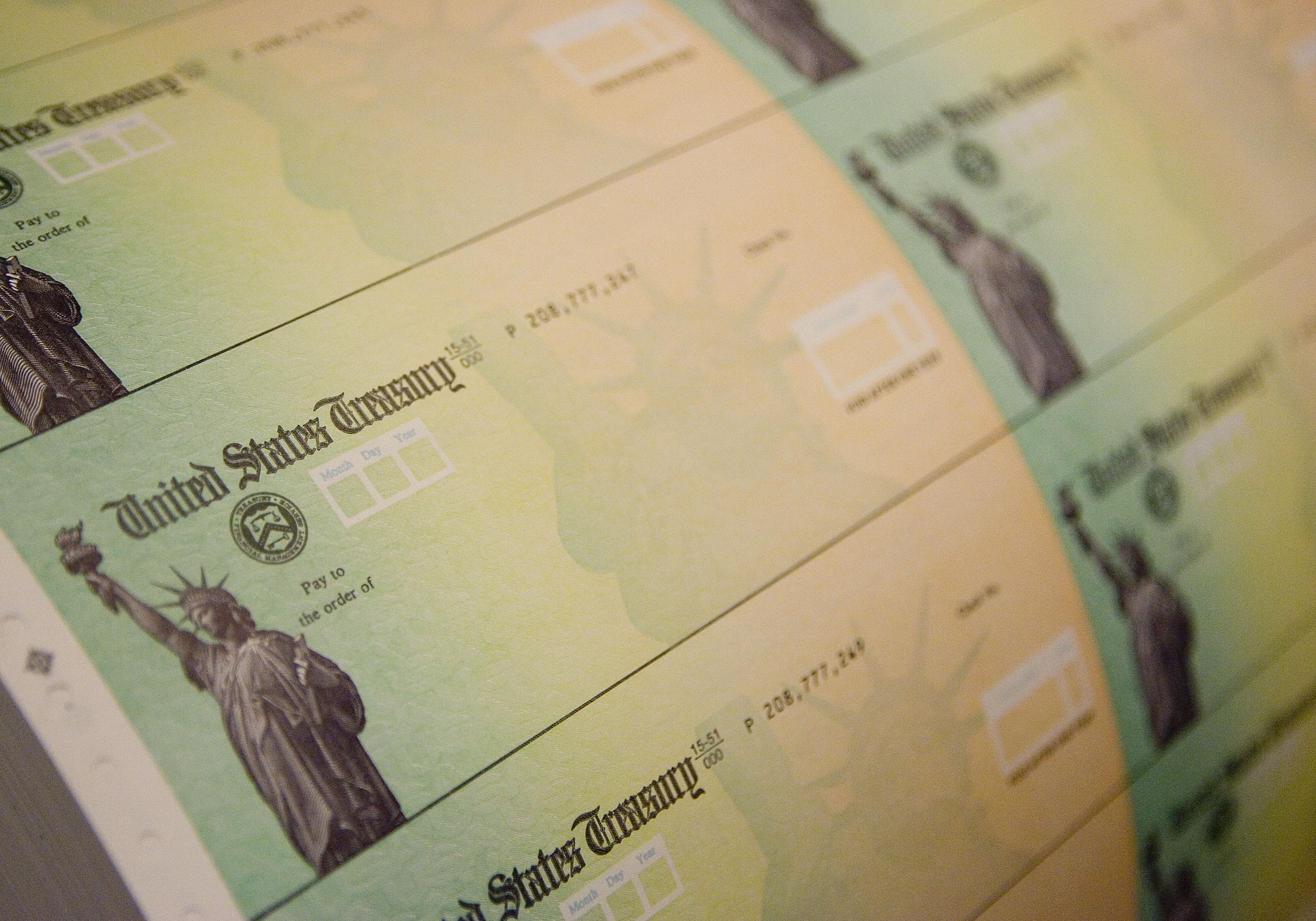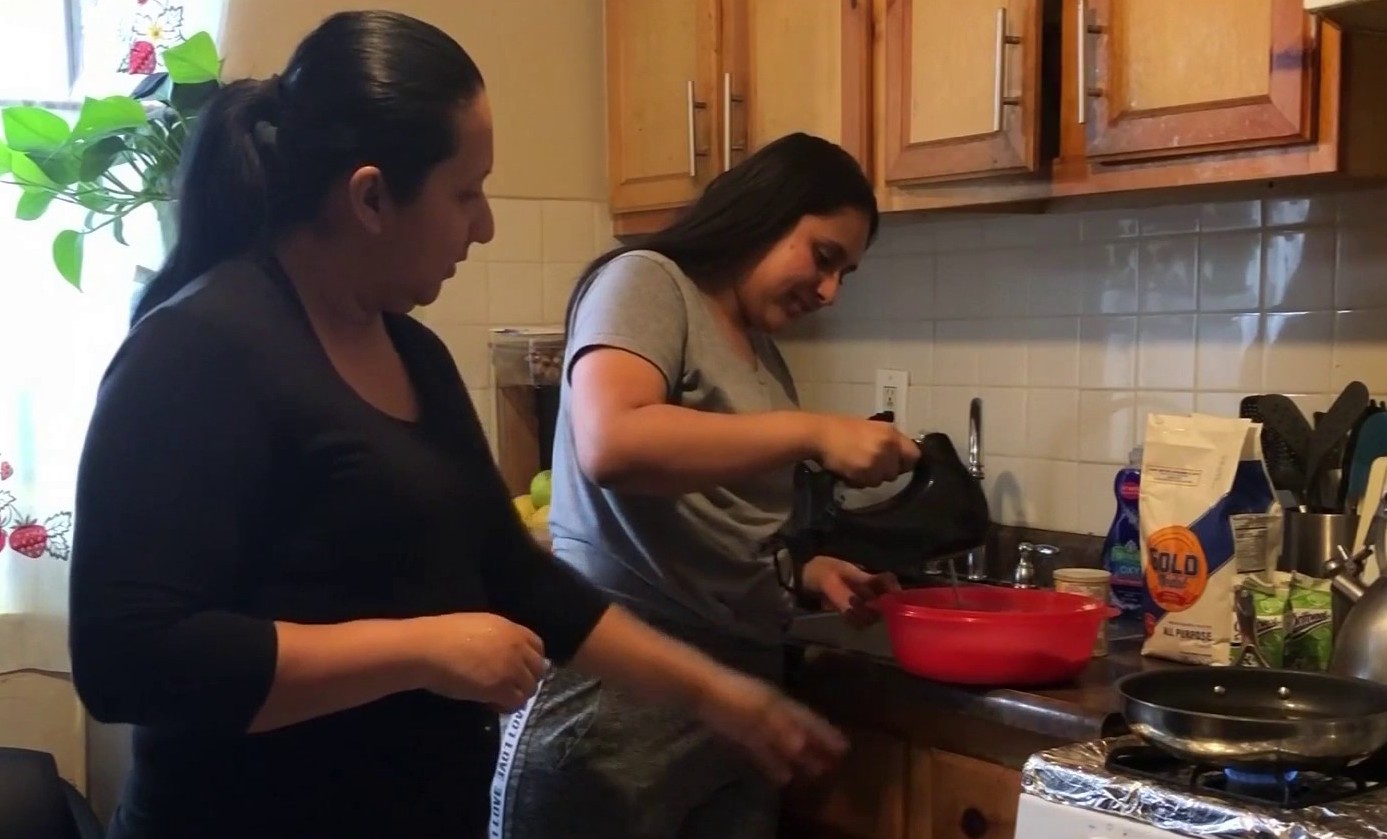No less than four experimental drugs that could potentially combat COVID-19 will begin testing at UCLA Medical Center in the next week. Approval from the FDA and the drug makers to begin the trials took place in just the last few weeks.
"That's lightning speed," said Dr. Otto Yang, a veteran infectious disease researcher at UCLA. He said he is used to waiting months, if not years, for approval to do drug tests. “I’ve never seen this in my career,” Yang said.
Dr. Yang said the nation's desperation to find a cure has paved the way for the new drug trials. He is especially hopeful about the drug Leronlimab, which is already undergoing trials to battle HIV and breast cancer, and now will be tested at UCLA and a handful of other hospitals against COVID-19.
“Everybody feels like they have a fire lit under them to get things moving as quickly as possible,” Dr. Yang said.
The drug has just recently being given to 30 people currently battling COVID-19 at other hospitals. Several dozen more patients will get the drug at UCLA "starting in days" says Dr. Yang.
Yang said the results are so far "exciting" among the handful of patients that have received Leronlimab. "We got something that looks really good, safety wise," Yang said.
“We’re starting obviously with the most sick patients because they have the most to lose upfront,” he said. “Hopefully the trials that are in place will start to tease out.”
There are currently about 9,000 COVID-19 cases in Los Angeles County and just a fraction of those battling the illness will qualify to be a part of a drug test.
Dr. Yang has been on the forefront of finding effective drug treatments for diseases, including HIV, which took decades. He said that he is confident that the discovery of a drug to treat COVID-19 will move faster.
“I’m hoping that the scientific advances that have come since then will move us much more quickly towards effective treatment,” he said.
“The country cares, and the government puts money into … AIDS research and other infectious diseases and cancers, but there’s not the same urgency,” he said. “They’re not on your doorstep. They’re not causing us to shelter in place. This is much more in the public awareness.”
Due to the nature of the new drug trials, called “double blind trials,” researchers will not know the drugs’ effectiveness for weeks, if not months.




